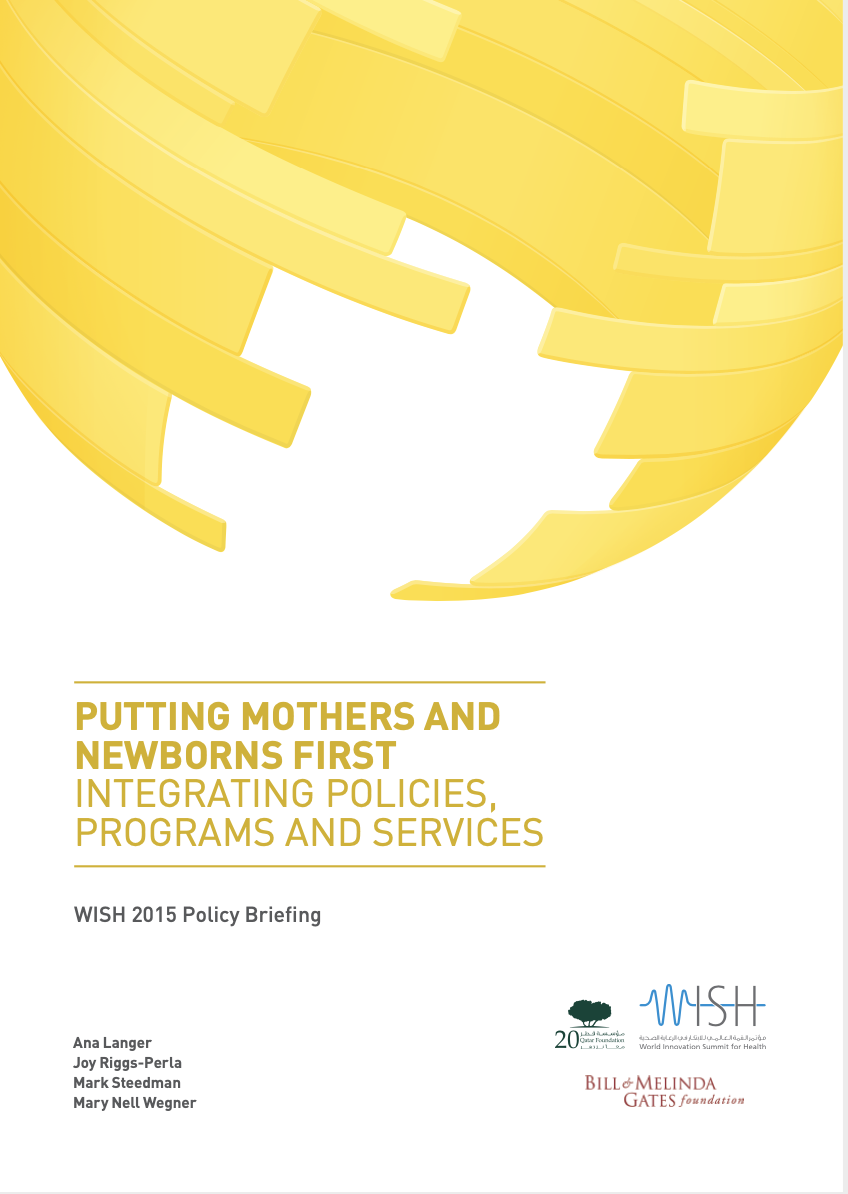The United Nations Millennium Development Goals (MDGs) form a blueprint agreed by all the world’s countries and all the world’s leading development institutions to meet the needs of the world’s poorest – by 2015. Three of the eights MDGs focus on challenges that directly affect women and children – decreasing preventable maternal, newborn and child mortality (goals 4 and 5) and reducing HIV, AIDS, malaria and other conditions that significantly affect women and children (goal 6).
While there have been many achievements linked to the MDGs since 2000, there remain enduring challenges that must be acknowledged and solved with new and innovative strategies. This policy briefing is timed to coincide with the new Sustainable Development Goals (SDGs) that will follow the MDGs in 2015.
At this critical crossroad (the transition from MDGs to SDGs), it is vital that maternal, newborn and child health remain at the forefront of global and national health policies, programming and advocacy. The policy briefing aims to build the case for integrating policies, programs and services in ways that improve the quality and accessibility of care for mothers and newborns. For example, integration may take the form of offering newborn care counseling during antenatal visits or making contraceptive services available postnatally.
The briefing also provides five recommendations for healthcare stakeholders who are committed to improving the health and wellbeing of mothers and newborns. The Panel discussion will put forward the case for policy and service integration and provide a platform for thought-provoking debate on both the critical issues and the opportunities that can be mobilized to ensure efforts to reduce maternal and child mortality remain a top priority.
This special WISH policy briefing was written by a team led by Ana Langer, Maternal Health Task Force, Women and Health Initiative, Harvard School of Public Health and Joy Riggs-Perla, Saving Newborn Lives, Save the Children. The work undertaken for this policy briefing was supported by the Bill & Melinda Gates Foundation in partnership with WISH.

